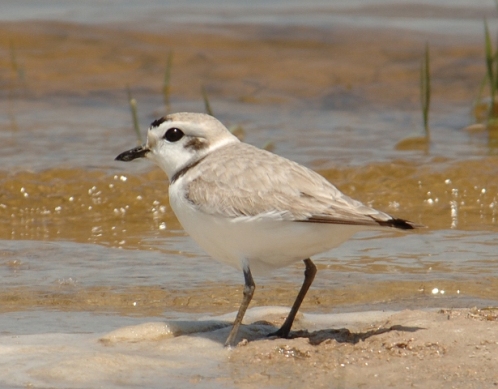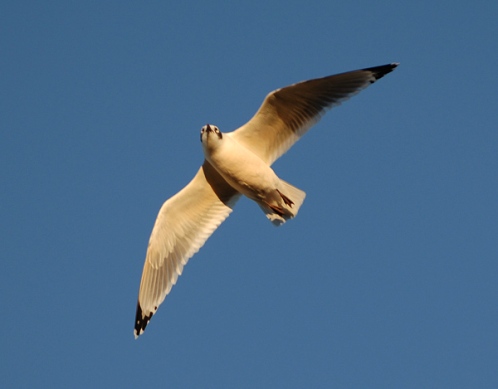The flight from Houston to LA is earth toned. From 30,000 feet the earth below is a Wheat Chex, a neatly gridded oil-and-gas field once prairie, bison, and surface life rather than subsurface petroleum. We will eventually suck this planet dry, every drop of oil and every whiff of gas. From my airborne vantage point Texans look well on their way in the Trans-Pecos.
After an interminably taxing campaign, the Americans who cared to vote have spoken. Billions were spent; a few listened. Simple messages of anger, hate, and desperation, endlessly repeated, inspired the susceptible (try 25% 65 and older) to give the keys back to rubes that wrecked the country in the first place. If you liked the profligacy of the past, laissez les bons temps roulez!
Not much surprises me. History shows that the American democracy is a two-step-forward, one-step-backward affair. Until the early 20th Century and the 17th Amendment our senators were “elected” by the state legislatures. Now there are a few boneheads in ascendency that would repeal the 17th Amendment and snatch the vote back from the American people. Americans have been able to ignore the most egregious inequities (slavery, for example), while vigorously debating the most trivial. What matters is the latest casualty on Dancing with the Stars. At times America has risen to astonishing heights; this is not one of them.
One of those transcendent moments dates to the earliest days of the 20th Century. Theodore Roosevelt and Gifford Pinchot have topographic maps strewn around the president’s offices, and the two are pacing about trying to identify those last open lands to be protected under the Antiquities Act before the senate exercises its “advice and consent” prerogatives. Their legacy lives on in our national parks, forests, and wildlife refuges, the most perfect manifestation of the American democracy. Now there are those in ascendency who would sell those lands, privatize the parks or shut the gates, and deny the American people what has been their birthright for over a century.
Isn’t it odd, even slightly queer, that American conservation, one of our most precious gifts to the world, found its voice first in the Republican Party? Now there are some in this same party, the party of Lincoln, who would undo Roosevelt, Pinchot, and Muir’s painstakingly crafted handiwork. Now there are some in this same party who would auction the lot to the highest bidder.
As I said, not much surprises me. Roosevelt, Pinchot, Muir, Bird, Chapman, Dock, McFarland, Rothrock, Edge, and Carson would not be surprised, either. Roosevelt relished the fight, the rare opportunity when a person can war for right against wrong, for good against evil, for what is fair against what is unfair. Conservation has always been intensely political rather than stridently partisan. Even Republican Richard Nixon recognized the deplorable condition of America’s air, waters, and wildlife in the late 1960s, and passed the most progressive suite of environmental laws in the world (NEPA, Endangered Species Act, Clear Air Act, Clean Water Act).
To protect America’s special places, to insure that our public land legacy will be inherited by future generations, we will need to transcend partisanship once again. Like-minded Republicans, Democrats, Green Partiers, and independents will be called to band together and confront those in the ascendency who care nothing for this American legacy, nothing for this American heritage, and nothing for the American space. Compromise in conservation is no more palatable or conceivable than compromise in civil rights, or free speech, or the right to worship, or the right to peaceably assemble. All of these rights, these values, are fundamental to the American character. I, for one, am willing to sacrifice none of them on an altar of greed, spite, myopia, and partisanship.
Abraham Lincoln, a Republican, said “I like to see a man proud of the place in which he lives.” Would Americans be as proud of their country without Yosemite, or the Grand Canyon, or Acadia National Park, or the Everglades, or Independence Hall, or the Statue of Liberty, or Gettysburg, or the Black Hills, or the Tongass National Forest? Would you be as happy (yes, happy is an American word, as in “life, liberty, and the pursuit of happiness”) in your skin and community without parks, libraries, trails, greenways, scenic byways, museums, or sanctuaries?
If not, if you cannot fathom life without having the riches of culture, history, or nature within arm’s reach, if you cannot imagine sacrificing any of these for personal gain or partisan greed, then accept that all are at risk without your active political engagement and effort. Conservation is a calling, one that views all political parties with skepticism and trepidation until good intentions are proven. At this critical juncture, this defining moment in the American experiment, conservation is calling again. I wonder who hears, and who will answer.
Ted Lee Eubanks
7 November 2010

